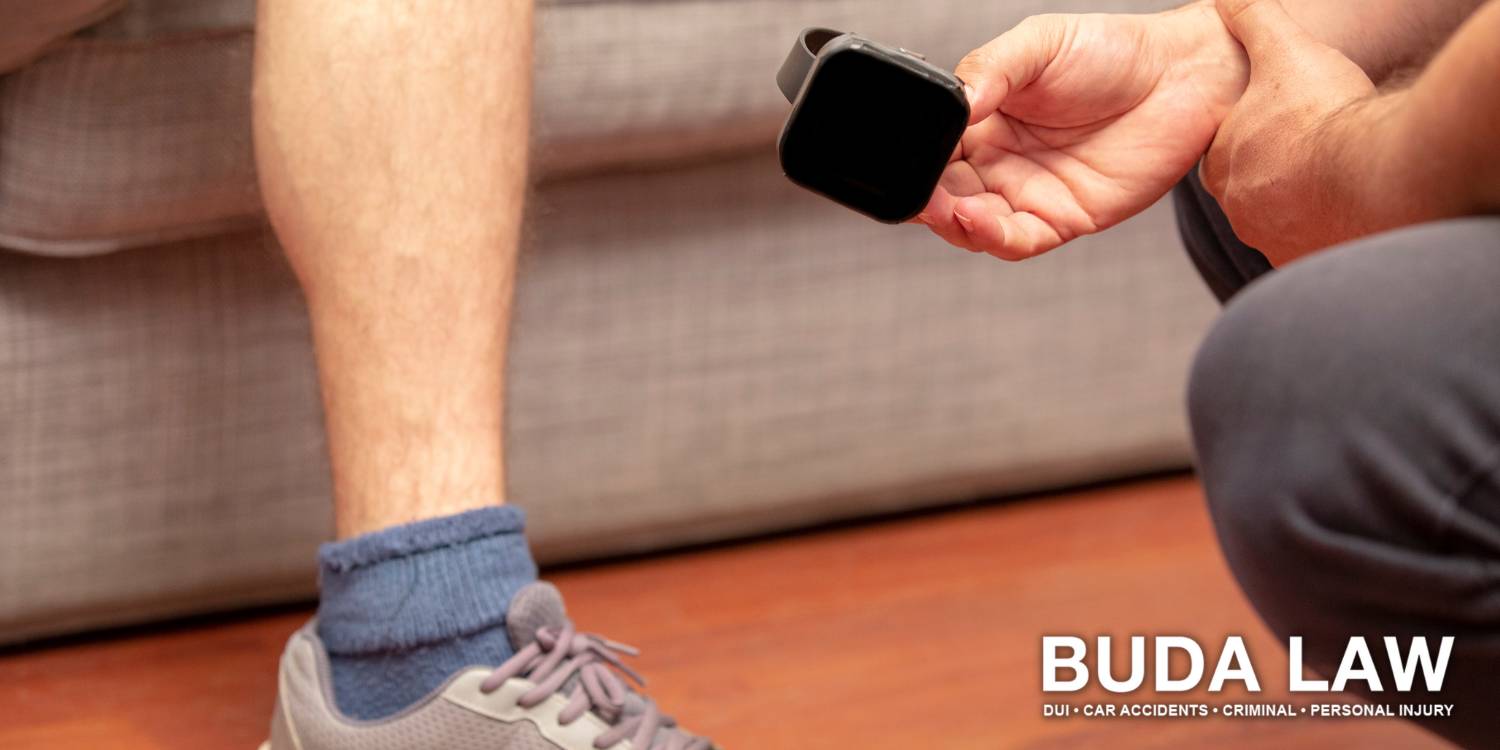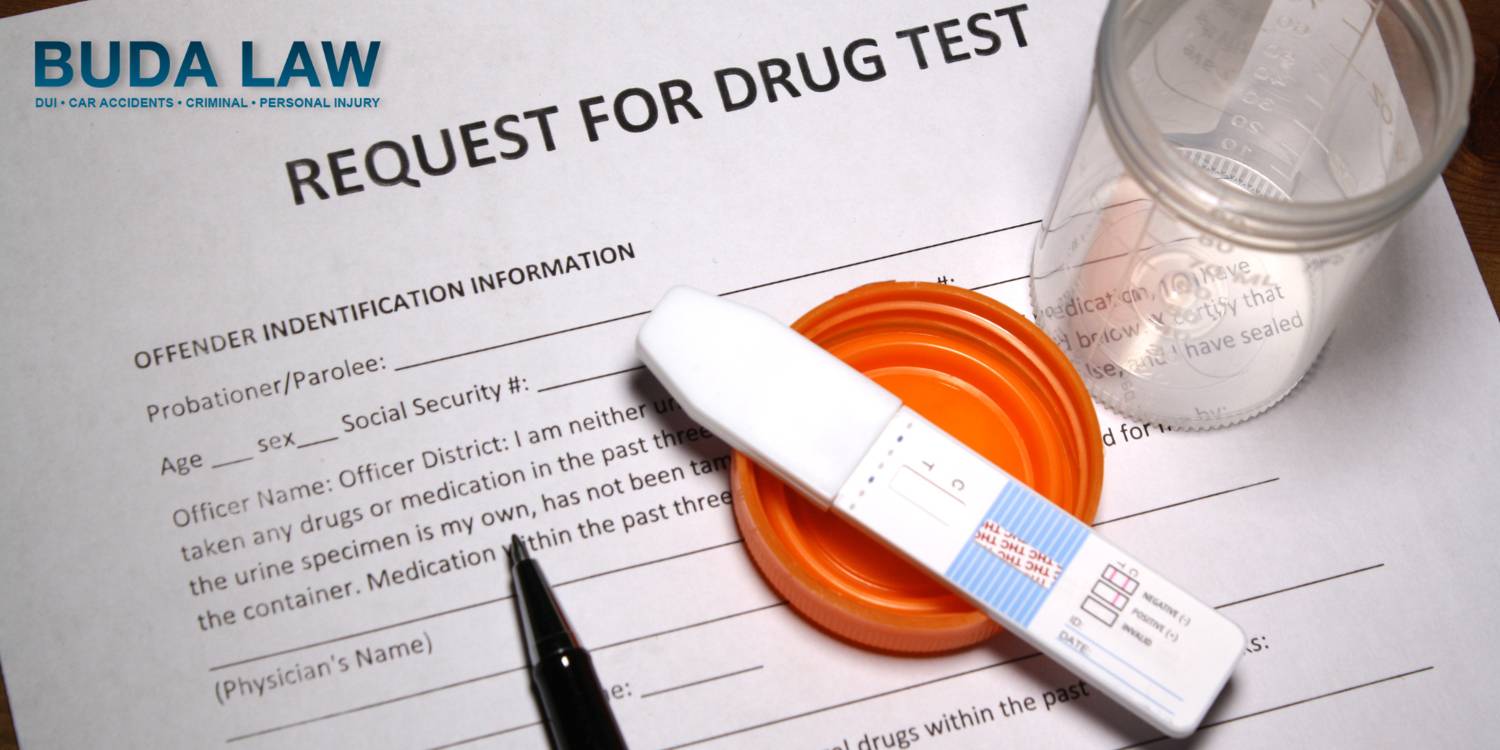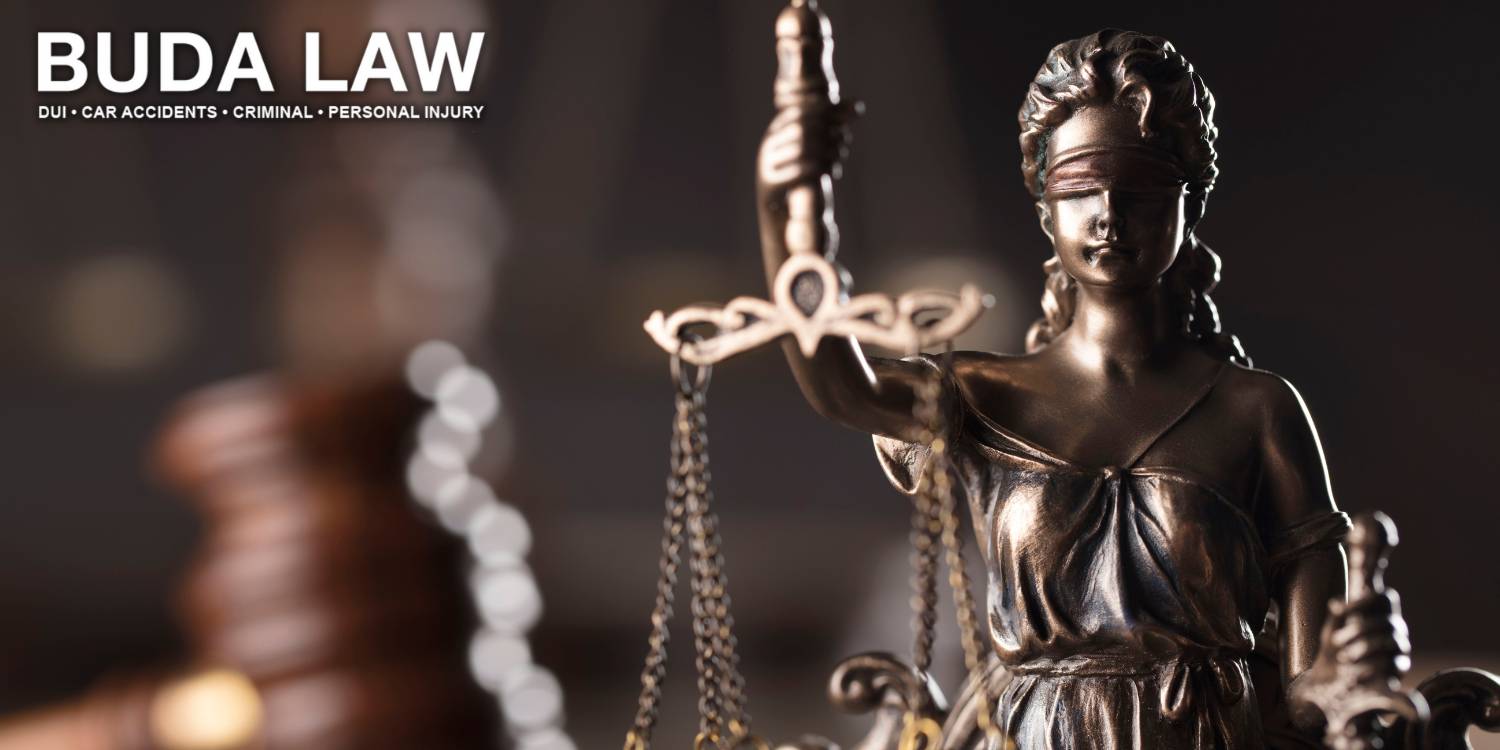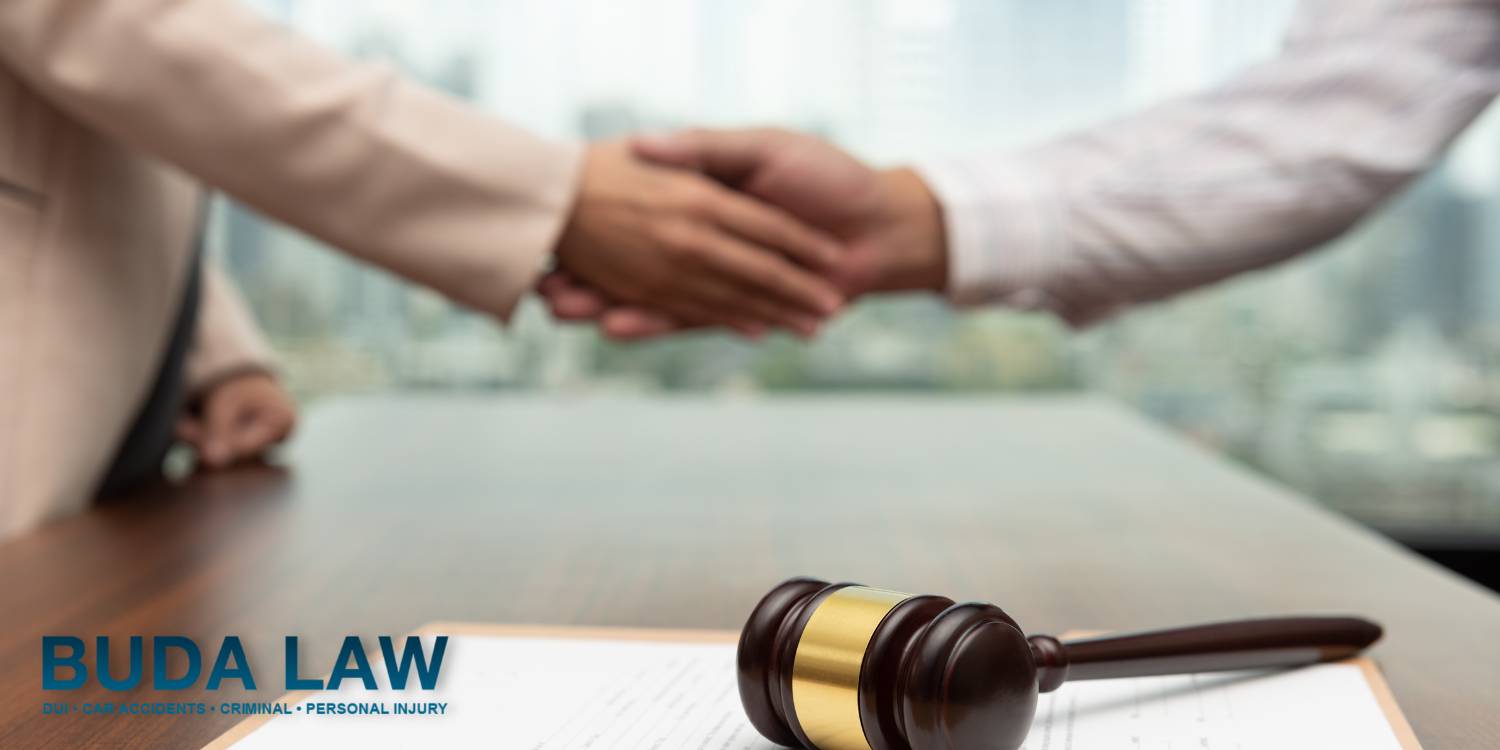In Florida, a technical violation of probation occurs when an individual fails to adhere to the specific terms outlined in their probation agreement. This can include infractions such as missing scheduled meetings with a probation officer, failing a drug test, or not completing community service hours.
If you’re facing alleged probation violations in Florida, you need experienced legal guidance, a role perfectly suited for a seasoned Tampa criminal defense attorney like Andrew Buda of Buda Law. With extensive experience handling probation violation cases, Attorney Buda provides a crucial lifeline for individuals facing the challenging prospect of addressing an alleged violation in the Florida legal system.
If you’ve been accused of violating probation, the experienced attorneys at Buda Law are ready to help. Schedule a free consultation with a knowledgeable criminal defense attorney on our team by calling (813) 322-2832 today.
Understanding Probation in Florida
Probation in Florida is a supervised program within the criminal justice system designed as an alternative to incarceration. This judicially sanctioned arrangement allows individuals convicted of crimes the opportunity to remain in the community under specific conditions rather than serving time in prison.
The primary purpose of probation is to rehabilitate offenders by closely monitoring their behavior and compliance with certain terms, such as regular check-ins with a probation officer, participation in community service, or attendance in treatment programs. This approach aims to ensure public safety while offering the individual a chance to make positive changes in their life, reducing the likelihood of reoffending and aiding in their reintegration into society.

Different Kinds of Probation
Probation can take various forms, each tailored to the offense’s nature and the offender’s specific needs. The different types of probation in Florida include:
- Standard Probation: This is the most common type of probation, where the offender must regularly meet with a probation officer, adhere to curfews, and may have to complete community service, among other conditions. The frequency of meetings and the specific conditions are determined by the court and are designed to encourage rehabilitation and ensure compliance with the law.
- Administrative Probation: A less intensive form of supervision, administrative probation is typically reserved for low-risk offenders. Under this arrangement, the offender may not be required to have regular face-to-face meetings with a probation officer but must still comply with certain conditions set by the court. Check-ins might be conducted via mail or phone.
- Sex Offender Probation: This type of probation is specifically designed for individuals convicted of sex crimes in Florida. It includes standard probation terms but also imposes additional, stringent conditions such as mandatory participation in a sex offender treatment program, restrictions on living arrangements and proximity to children, and sometimes lie detector tests to monitor compliance and behavior.
- Drug Offender Probation: Tailored for individuals convicted of drug crimes in Florida, this probation combines the elements of standard probation with specific conditions aimed at substance abuse recovery. This may include mandatory drug testing, participation in drug treatment and counseling programs, and other measures to address the source of the offender’s behavior.
- Community Control/House Arrest: Often considered the most restrictive form of probation, community control confines the offender to their home or another designated residence except for pre-approved activities such as work, school, or medical appointments. Offenders may be required to wear electronic monitoring devices to ensure compliance with the terms of their confinement.
Terms of Probation
The terms of probation are specific conditions imposed by a court that an individual must follow as part of their probation agreement. These terms ensure public safety, facilitate offender rehabilitation, and prevent future criminal behavior. While the specific terms can vary widely, common terms of probation may include:
- Reporting to a Probation Officer: Regularly meeting with a probation officer to provide updates on one’s status, employment, and compliance with probation terms.
- Employment: Maintaining steady employment or, if unemployed, actively seeking employment is often required. In some cases, the court may approve educational programs instead of employment.
- Community Service: Completing a specified number of community service hours at approved organizations or agencies.
- Counseling or Treatment Programs: Participating in counseling sessions or treatment programs, such as for substance abuse, anger management, or mental health, as directed by the court.
- Restitution: Compensating victims for losses resulting from the crime, such as paying for damages or stolen property, is required in certain cases.
- No Further Criminal Activity: Avoiding arrest or involvement in any additional criminal activity.
- Drug and Alcohol Prohibitions: Abstaining from the use of illegal drugs and alcohol, often verified through random drug and alcohol testing.
- Restricted Associations and Locations: Avoid contact with certain individuals, such as co-defendants or victims, and stay away from specific locations related to the criminal activity.
- Curfew: Adhering to a designated curfew requires the probationer to be home during certain hours.
- Travel Restrictions: Obtaining permission from a probation officer before traveling outside a certain area, such as the county or state.
- Electronic Monitoring: Wearing an electronic device that monitors the location and ensures compliance with house arrest or curfew conditions.
- Weapon Restrictions: Refraining from owning, possessing, or using firearms or other weapons is a common probation term.

What is a Technical Violation of Probation?
A technical violation of probation in Florida refers to a breach of the specific terms or conditions set by the court in a probation agreement. These violations are considered “technical” because they relate to failing to comply with the terms of probation rather than committing a new crime.
Common examples of technical violations include missing scheduled appointments with a probation officer, failing to complete court-ordered community service hours, not attending mandatory treatment or counseling sessions, failing a drug or alcohol test, violating a curfew, traveling outside of permitted areas without approval, and not paying court costs or restitution.
Each of these examples represents a failure to adhere to the agreed-upon terms of probation, potentially leading to legal consequences, including the possibility of revoking the probation and being required to serve the original jail or prison sentence.
Technical vs Substantive Violations
Technical and substantive violations represent two distinct categories of probation breaches in the legal system. Technical violations, as mentioned above, involve infractions of the specific conditions set forth by the court in a probation agreement. These are violations of the administrative rules of probation rather than new criminal conduct.
On the other hand, substantive violations occur when an individual on probation commits a new crime, violating the terms of their probation and the law itself. A substantive violation is more severe because it introduces new criminal charges in addition to the probation breach, possibly leading to more serious legal consequences, including additional sentences that may be served consecutively with any punishment for the original offense.
Consequences of a Technical Violation in Florida
In Florida, the consequences of committing a technical violation of probation can range from mild to severe, depending on the specific nature of the violation, the individual’s history with the probation system, and the court’s discretion. For minor infractions, such as a first-time missed appointment with a probation officer, the response might be a warning or an increased frequency of required check-ins.
However, more significant or repeated technical violations could lead to stricter probation conditions, such as additional community service hours, enhanced monitoring, or mandated participation in treatment programs. In severe or persistent non-compliance cases, the court may decide to revoke probation altogether, resulting in incarceration for the remainder of the initial sentence or, in some cases, an extended sentence.
The consequences following probation violations reflect the legal system’s attempt to balance rehabilitation with accountability, considering the offender’s efforts toward compliance, the context of the violation, and the overall goal of public safety. Judges often assess the totality of the individual’s behavior on probation, including improvements and efforts made, before deciding on the appropriate response to a technical violation.

The Legal Process Following Technical Violations
When an allegation of a technical violation of probation arises in Florida, the legal process unfolds in several steps designed to ensure due process and fairness to the individual accused. The process generally begins with the probation officer filing a violation report detailing the nature of the technical violation and the evidence supporting the allegation. Based on this report, the committing trial court judge may issue a warrant for the person’s arrest or a notice to appear at a violation of probation hearing.
At the violation hearing, the court reviews the evidence of the alleged technical violation. Unlike in a criminal trial, the standard of proof is lower in probation violation cases; the judge must only find by the “greater weight of the evidence” that a violation occurred, rather than the “beyond a reasonable doubt” used in criminal trials.
Individuals accused of a technical probation violation have specific rights during this process, including the right to be notified of the alleged violations, the right to present evidence and witnesses in their defense, and the right to have an attorney. However, they do not have the right to a jury trial in violation hearings.
Those accused of technical probation violations should enlist the help of an experienced criminal defense attorney during this time. A knowledgeable attorney can mediate with the prosecution and argue before the judge, advocating for alternatives to revocation, such as modifying the probation terms to address the issues that led to the violation. The defense attorney can also challenge the evidence of the violation, represent the individual’s efforts towards compliance and rehabilitation, and work towards a resolution that may include continuing probation with additional conditions rather than incarceration.
Why You Need a Technical Probation Violation Lawyer
Securing an attorney for technical probation violation cases is crucial for navigating the challenges of the Florida legal system and maximizing the chances of a favorable outcome. With an in-depth understanding of Florida’s probation laws and extensive experience in handling similar cases, attorney Andrew Buda utilizes a range of defense strategies tailored to the specifics of each case.
These strategies might include demonstrating the violation was unintentional or due to circumstances beyond the client’s control, showcasing the individual’s overall compliance and efforts toward rehabilitation, or highlighting any mitigating factors that may have influenced the alleged violation.
Beyond creating a strong defense, Tampa probation violation attorney Andrew Buda can effectively negotiate with probation officers and the court, advocating for alternatives to revocation, such as adjustments to the probation terms that better suit the individual’s circumstances and promote successful compliance.
Andrew Buda’s expertise and negotiation skills can be pivotal in ensuring that the court fully considers the context of the technical violation and the individual’s progress, potentially leading to outcomes that avoid the harshest penalties and support the client’s rehabilitation and reintegration into the Tampa community.

Contact a Criminal Defense Attorney at Buda Law for Your Tampa Probation Violation Defense
Having a reliable and skilled criminal defense attorney is essential if you’re facing a probation violation in Tampa. By contacting Buda Law, your case will fall into the capable hands of Andrew Buda and his team, who specialize in technical violations and focus on achieving the best possible outcomes for their clients.
With a deep understanding of the Florida legal system and a commitment to personalized defense strategies, Buda Law is well-equipped to defend your rights and guide you through this challenging time. Don’t let a probation violation sabotage your future. Reach out to Buda Law by phone at (813) 322-2832 or contact us online to secure experienced legal representation for your Tampa probation violation case.
